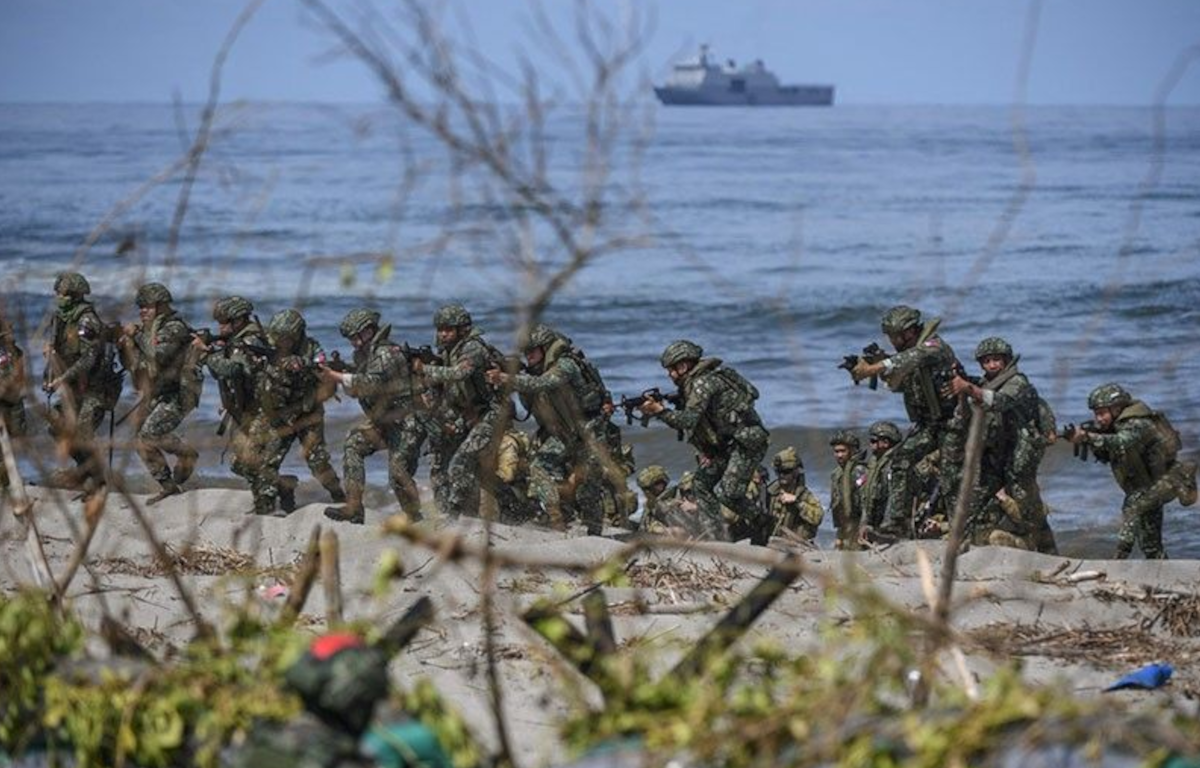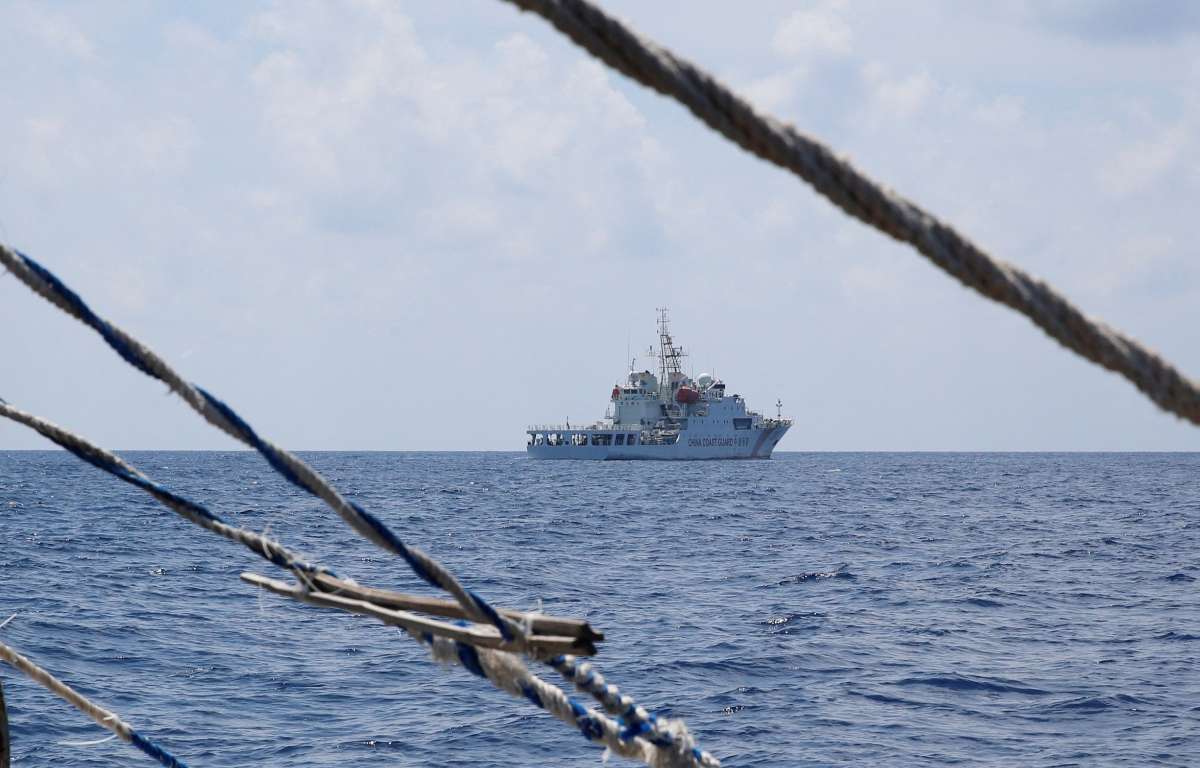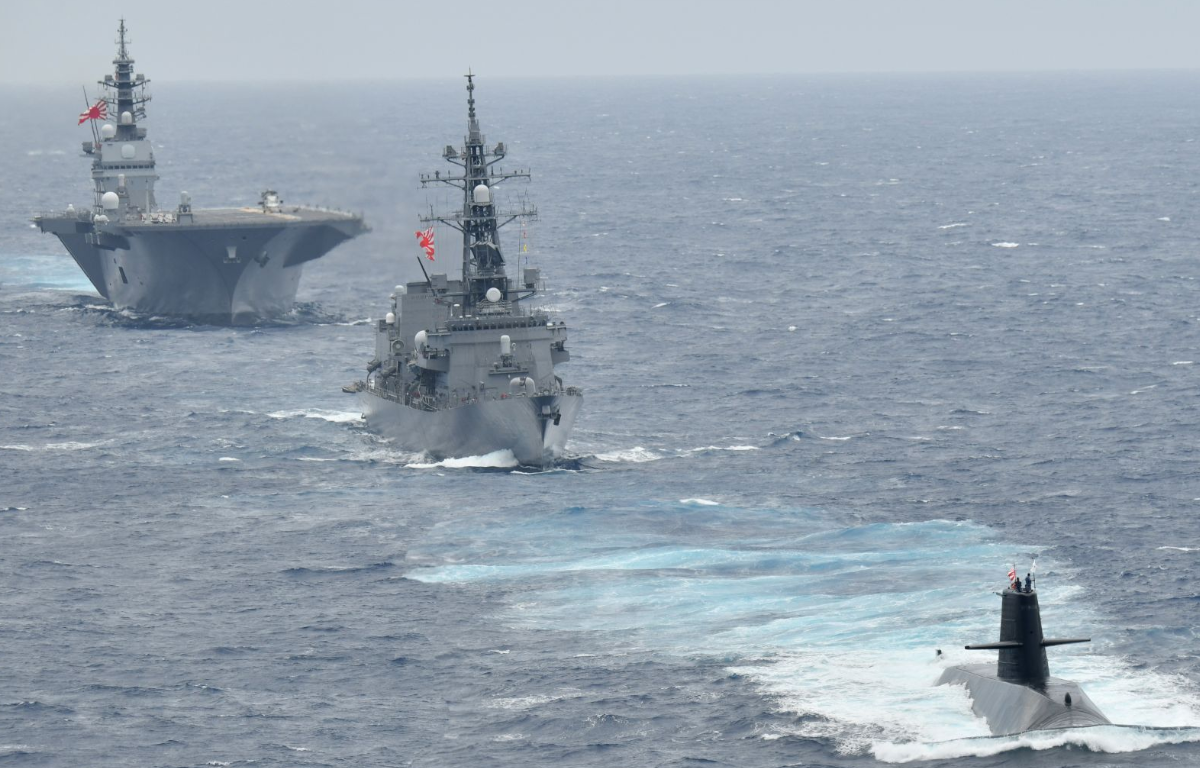
The exchange underscores the delicate balance of power and the intricacies of diplomatic relations in the area.
The tensions arose following comments made by South Korea’s Foreign Minister regarding the South China Sea during a regional security conference. The minister expressed concerns about escalating tensions and urged all parties involved to exercise restraint and engage in peaceful dialogue to resolve disputes.
In response, Beijing issued a stern warning to Seoul, cautioning South Korea to “watch yourself” and refrain from interfering in what China considers its internal affairs. Beijing reiterated its claims over the South China Sea, a region where multiple countries have overlapping territorial claims, leading to longstanding tensions and occasional confrontations.
The South China Sea is a strategically significant waterway, known for its rich natural resources and as a crucial maritime trade route. The competing territorial claims have drawn international attention and concern, with various stakeholders advocating for peaceful resolutions and adherence to international law, particularly the United Nations Convention on the Law of the Sea (UNCLOS).
The warning from Beijing to South Korea reflects China’s assertive stance on territorial issues and its sensitivity to perceived external interference. It also underscores the challenges faced by countries in the region as they navigate complex geopolitical dynamics and strive to maintain diplomatic relations with multiple stakeholders.
South Korea, like many other nations in the Asia-Pacific region, has a vested interest in maintaining stability and peace in the South China Sea. As a major economic player and a key ally to several regional powers, South Korea’s diplomatic statements carry weight and can impact regional dynamics.
The incident serves as a reminder of the ongoing tensions and potential flashpoints in the Asia-Pacific, where maritime disputes and territorial claims continue to be sources of contention. It also highlights the importance of diplomatic dialogue, de-escalation measures, and adherence to international norms and agreements in resolving disputes peacefully.
Moving forward, the situation calls for careful diplomacy, strategic engagement, and efforts to build mutual trust and understanding among all parties involved. Regional stability and security hinge on constructive dialogue, respect for sovereignty, and the peaceful resolution of disputes in accordance with international law.










Share this: